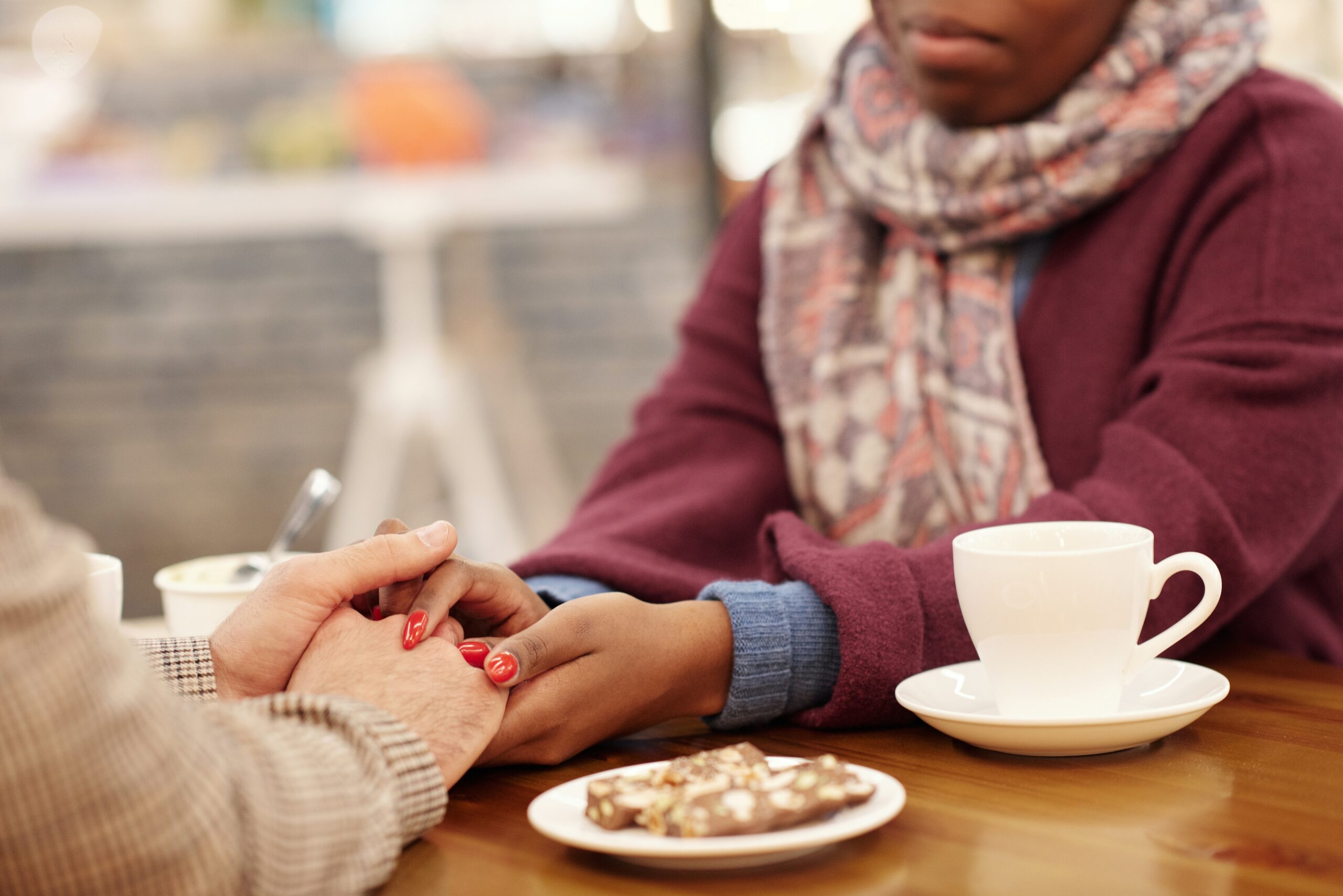Experiencing grief is a part of life, as much as we wish it wasn’t. It is a powerful emotion and it can be exceptionally grim. It can feel like your insides are being ripped apart, your thoughts are paralyzed, and you are moving around in a state of stupor, existing, not really living.
“In 2019, a total of 2,854,838 resident deaths were registered in the United States.”* Whether one loses a family member, friend, or beloved pet, they learn what it’s like to grieve.
Whether you have grieved many a time or have yet to experience grief, speaking from firsthand experience, it’s painful, confusing, and highly individualized.
Grief comes in waves too. Once you’ve grieved, there can be what are known as “triggers” – i.e. certain songs, memories, places that take a person back to the day, final resting place, or painful trauma that led to experiencing the original loss and beginning of grief.
Do I wish grief was non-existent? Of course.
But, I must say how thankful I am for the lessons that I continue to learn as a result of grief. I have learned healthier ways to cope (and I keep fine-tuning those mechanisms as years go on).
I try to do what I can to offer support and love to those around me who are experiencing grief. This includes my readers. I hope if you’re grieving, this article highlights how much we are in this together, as one strong community. You are not alone.
Without even giving a second thought, we cope and do so in varying ways. Though I do think our friends, family, and others around us do influence how we cope. Recall my article, 5 people influence…
Certain coping mannerisms and habits (good and bad) have been known to include:
- Shedding endless tears
- Isolating yourself
- Not showering
- Cracking open bottle after bottle of alcohol
- Displaying fits of anger
- Feeling depressed
- Filling your mind with damaging thoughts
- Reliving the loss, trauma, more
- Partaking in therapy
- Meditating
- Finding a new hobby or one that honors a loved one that you’ve lost
- Exercising
- Learning more about your emotions, feelings
- Dedicating more time to people that are important to you
Below are a few healthy reminders when it comes to coping with grief:
-Get extra rest and establish a regular sleep plan (grief can be taxing all around);
-Embrace emotions you feel (you’re not “too sensitive” for crying, being sad, having a tough time);
-Be mindful about “self-medicating” with alcohol or other substances as they don’t lead to true healing;
-Depending on health conditions, allow your body to embrace movement and get some fresh air (even sitting outside in the sun for 30 minutes can be beneficial);
-Communicate with your doctors about what is going on and any health issues arising or being exacerbated due to grief;
-Maintain a daily structure (shower, errands, meals);
-Avoid making any major life decisions during this time.
Finally, please remember, “Grieving is a process as unique as every individual who experiences it.”**
Lean into healthy habits, new traditions, and kind people. Be patient with yourself and know it is okay and healthy to truly feel all the emotions.
I’ve found that allowing myself to be emotional (i.e. cry) actually helps me properly grieve and find peace in the matter, not delay or put a mask on the grief.
We’re here for you.
If you have a health-related question that I can ask an expert, submit it here.
*https://www.cdc.gov/nchs/data/nvsr/nvsr70/nvsr70-08-508.pdf
**https://health.clevelandclinic.org/grief-whats-normal-whats-not-and-13-tips-to-get-through-it/
Coming next: Turmeric – a powerful supplement rooted in Ayurvedic medicine
